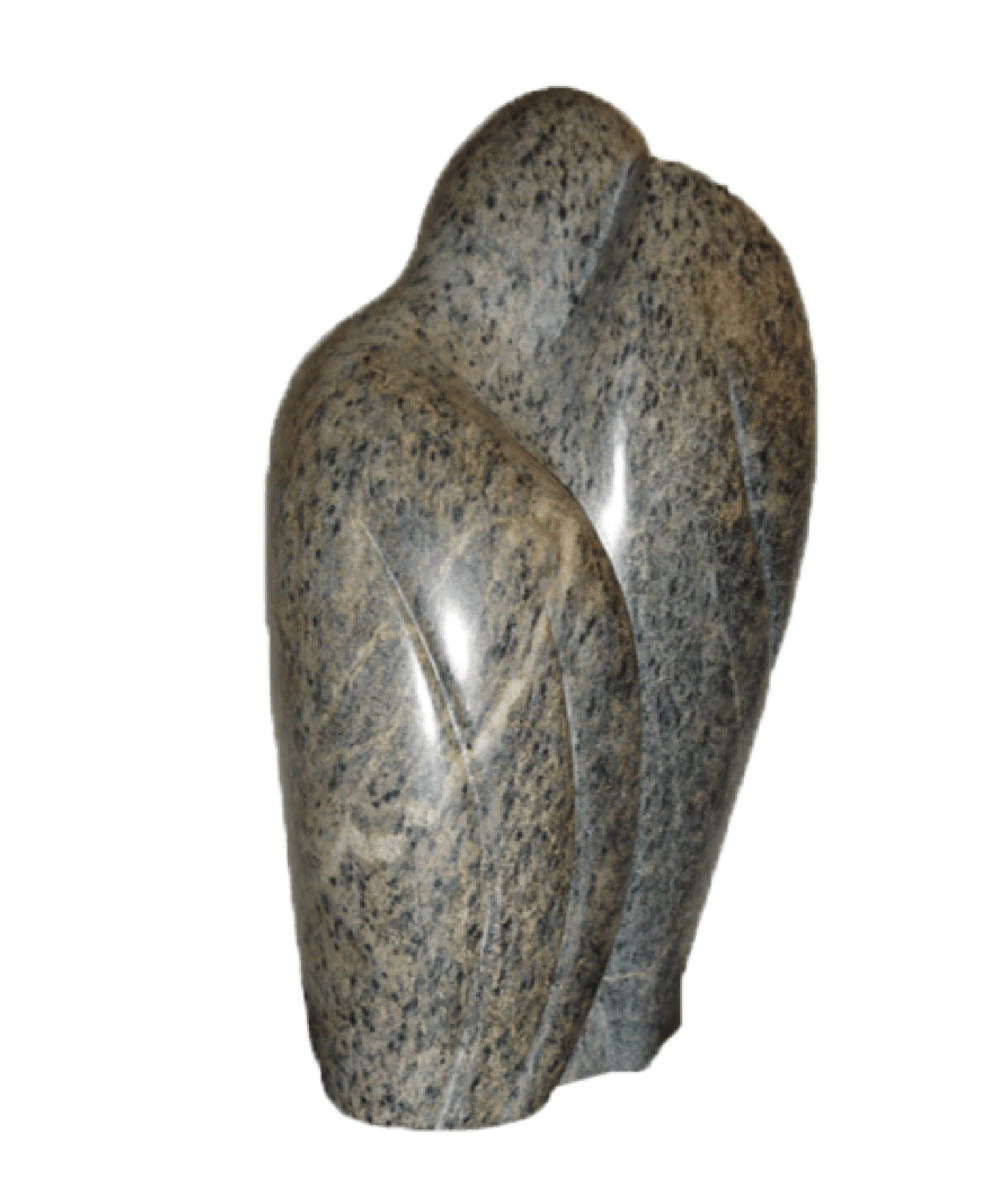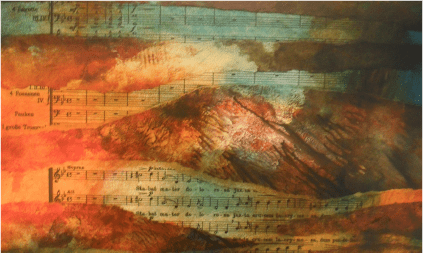János Vajda
About the composer
János Vajda was born in Miskolc, Hungary, in 1949. He studied composition at the Liszt Ferenc Academy in Budapest and continued his studies in the Netherlands with Ton de Leeuw. He teaches composition at the Budapest Academy of Music. With his Stabat Mater he began a change in musical idiom, abandoning the forceful expressiveness as can be found in his opera Barabbas to a more simple style. It is clear that here he was influenced by Stravinsky, as the subtitle of his Stabat Mater is In memoriam Igor Stravinsky.
About the Stabat Mater
| Date: | 1978 |
| Performers: | Soprano, Mezzo-Soprano, and Orchestra (flute, oboe, bassoon, horn, cimbalom, viola, cello, percussion) |
| Length: | 5.20 minutes |
| Particulars: | Though the work is not explicitly divided into sections, still every stanza has its own melody. In the first stanza we can hear in the background faintly the plain chant Stabat Mater, which returns more strongly in the next to last stanza. The presence of the cimbalom gives the work an Hungarian flavour. |
| Textual variations: | The "Vatican"-version of the text is used, but only eight stanzas of the twenty, including the final "Amen" |
| Colour bar: |
|
Information about the recording
| LP: | Hungaroton SLPX 12263 |
| More info: | The subtitle of Vajda’s Stabat Mater is In memoriam Igor Stravinsky. The recording dates from 1981. |
| Orchestra: | A Magyar Rádió És Televízió Szimfónikus Zenekara |
| Choir: | A Magyar Rádió És Televízió Női Kara |
| Conductor: | Géza Török |
| Soloists: | Mária Zádori, soprano |
| Other works: | Barabbás |
| Code: | VAJ-01 |





